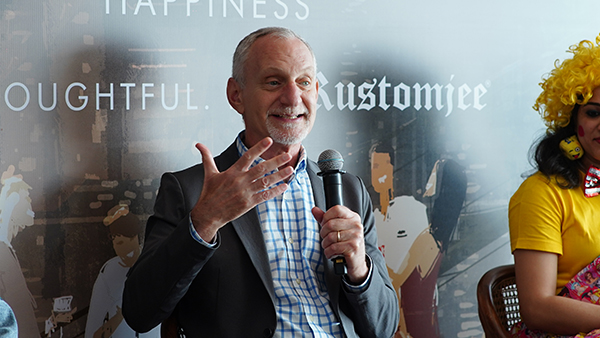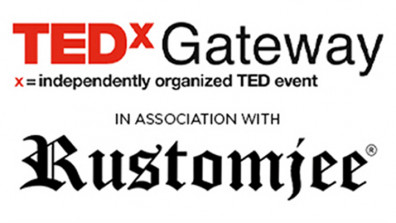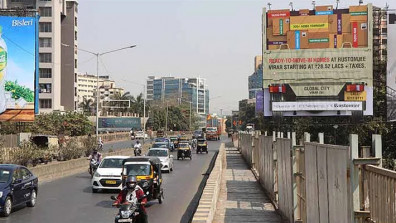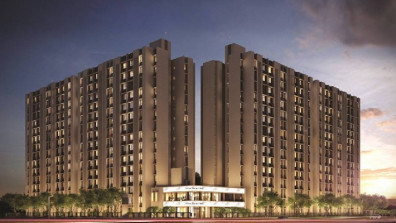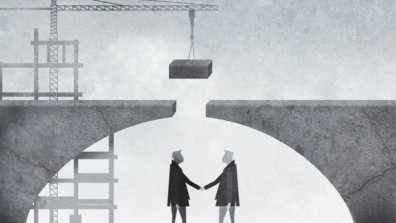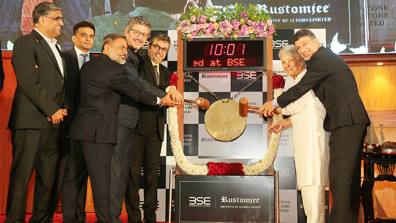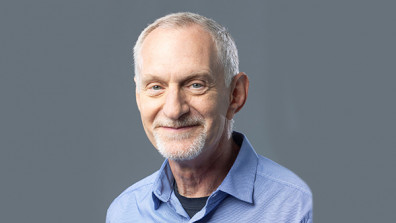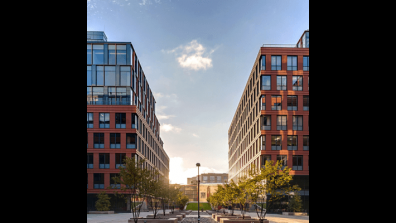MUMBAI: Communities play a big role in people being happy, said Dr Robert Waldinger , who is currently on a 10-day visit to Mumbai.
Dr Waldinger , a psychiatrist, psychoanalyst, Zen priest and professor of psychiatry at Harvard Medical School, at an interaction with the media in South Mumbai on Wednesday said nobody is happy all the time. “There are different types of happiness. There is hedonic well-being. Are we having a good time? This is temporary happiness that comes and goes. Eudaimonic happiness where there is a sense of meaning and purpose in life but not necessarily fun. The third flavour is a psychological rich flavour derived from varied interesting experiences,” he said.
Dr Waldinger is director of the Harvard Study of Adult Development—an 85-year-old study on happiness that started in 1938. It has had 724 participants of whom 40 are alive. While the first generation included 19-year-old sophomores from Harvard and another group of those who had had difficult childhoods, the second generation had people ranging in age from 29 years to 73 years old and the third generation is very vastly spread out.
Explaining the role of communities in creating happiness in an individual, Dr Waldinger gave an instance of one of the Buddha’s disciples who asked how much of happiness is based on communities. “Is half of happiness based on communities, and Buddha said no, all of happiness is based on communities.” Dr Waldinger said there are many factors that go into whether we are happy or not. “People play a bigger role than we used to understand at least in the West where we have an individualistic idea which many of us think is a false idea. It is very prominent in the West. One of the things that I think is important is to keep talking about commonalities, especially in places where it is not considered as important as making a lot of money, some of the things that we are told will make us happy,” he said.
Dr Waldinger said historically polarisation happens during times of big social upheaval and people start turning on one another.
The pandemic, he said, led to an increase in mental depression. “When you have happier relationships you are less likely to get arthritis, Type II diabetes and heart disease. Social isolation leads to poor health and decline in mental health,” he said.
“You create happiness and trust by getting people to know each other. Most people have a lot in common than they know. Most of us want to have decent homes, raise children that are happy and healthy. Most of us want those things. It does not matter what your political beliefs are and so if you can emphasise those common concerns and those common aspirations as opposed to highlighting all those differences,” he said.
“In the US, they are highlighting differences that really are not very important and ignoring much of the commonalities that are far more important to everybody. The differences get a lot of attention, get politicians votes. Politicians have done this for centuries.” On gated communities of people with similar views, habits staying together like in a ghetto, Dr Waldinger said it’s unstable. “We can wall ourselves off but it decreases understanding of people who are different in habits and beliefs. The more we are going to wall ourselves off the more we will be unable to maintain our well-being.”
Dr Waldinger is in the city at the behest of real estate firm Rustomjee that wants to create a “circle of happiness” through its real estate projects.


